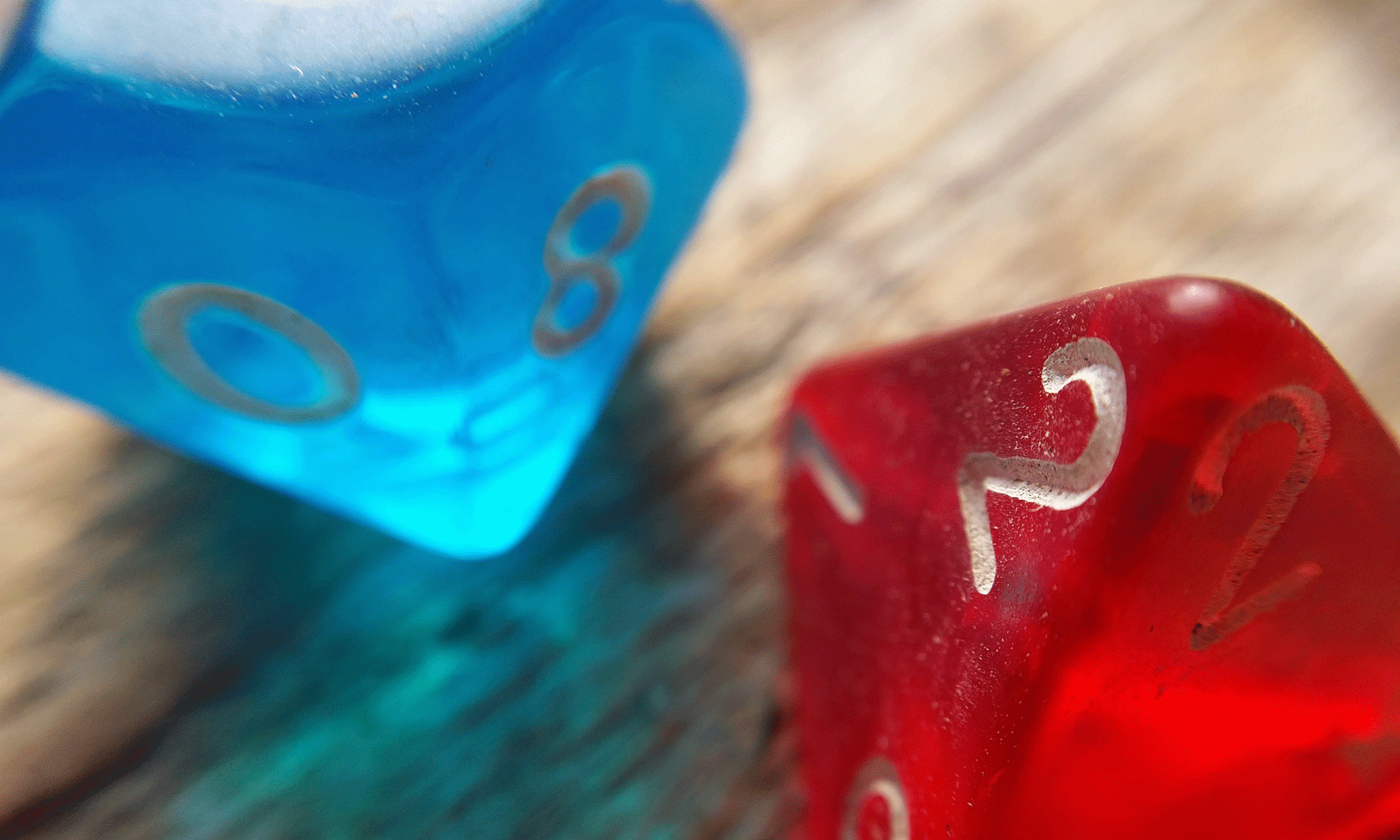What’s a pain in the backside? Rolling up random herbs. It’s enough to make somebody not want to play a herbalist after all.
To the rescue! The random table scales the chances of finding rare herbs so that you’ll end up with a lot more common and low-value specimens (just as if you’d used the table in the Basic Rules).
Get me some herbs!
Your herb is a spice with a value of 9.Bandages not included.
To generate another suggestion, simply refresh the page.
